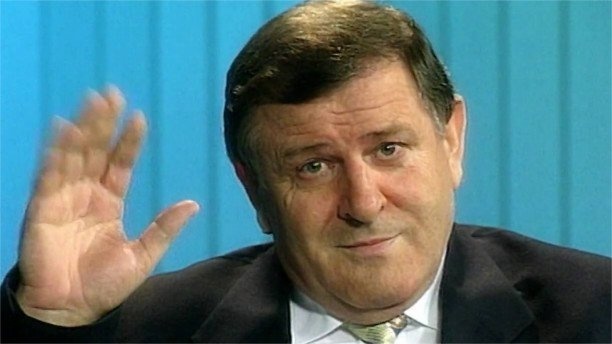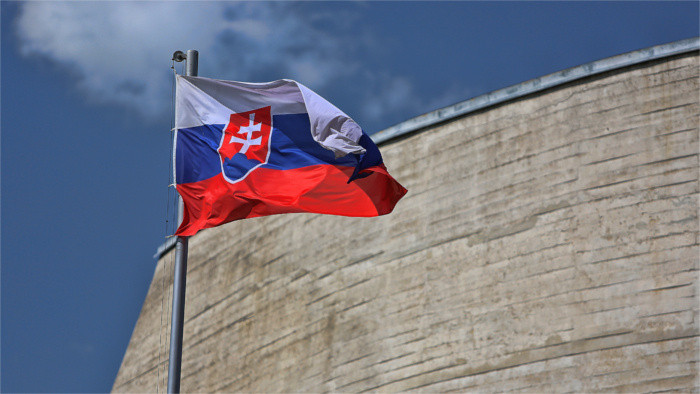In 1992 the split of Czechoslovakia was becoming a reality after the federation's fragility took a direct blow following the victory of the party of the vocal Slovak nationalist Vladimir Mečiar in the parliamentary elections with 37% of the votes in Slovakia and that of Vaclav Klaus and his Civic Democratic Party in the Czech lands. The disagreements between the two had become so big that forming a federal government became virtually impossible.
split-1 Máte problém s prehrávaním? Nahláste nám chybu v prehrávači.
In June 1992 Vladimir Mečiar was openly speaking about his intentions to fight for an independent Slovakia. When his dream came true in January 1993, many Slovaks regarded him as a hero even calling him the "father of the Slovak nation". Unfortunately, Mečiar was to abuse this popularity soon by establishing an authoritarian regime, which he had led until 1998 as Prime Minister and even acting President at some point. Engulfed in rampant corruption linked to the privatisation of state companies and departing seriously from the model of constitutional democracy, Slovakia found itself isolated, having the doors of NATO and the European Union shut in front of its nose because of Mečiar's disregard of human rights and democracy. His nationalism was so strong that he even launched a special programme to Slovak ethnics back to Slovakia from their century-old communities abroad in order to increase the "Slovakness" of this country's population. In 1998 his party, the Movement for a Democratic Slovakia, won the elections by only 0.67% ahead of the largest opposition party at that time, the Slovak Democratic Coalition. He was subsequently pushed out of power for the first time. The father of the nation chose to bid farewell to the nation in populist style by singing a goodbye song live on TV.

But he came back in 2006 when - despite winning only 15 seats in the Parliament - the Movement for a Democratic Slovakia (HZDS) became a member of the ruling coalition led by Robert Fico and his SMER party. Meanwhile, Mečiar was very close to becoming president in 2004, when despite collecting the highest number of votes in the first round, he did not have enough to win so had to face his former ally and party member Ivan Gašparovič in a second round. Over the years his party survived the departure of many important figures, the natural death of an important part of its stable electorate and even the bypass multiple surgery of its leader. Then in a hot summer day in June 2010 the unthinkable happened to Vladimir Mečiar and his party: they garnered only 4.32% of the votes and did not make it to the Parliament for the first time in the party's 20 year history. The same happened in 2012. And the self-proclaimed father of the Slovak nation was not gracious in defeat either, letting his younger colleagues take the heat. The party was dissolved this year.
Despite Mečiar's inglorious political sunset the question of how much of his leadership style is still popular with Slovaks today continues to preoccupy analysts. A study on far right extremism in Slovakia done by sociologists Elena Gallová Kriglerová and Jana Kadlečiková from the Centre for the Research of Ethnicity and Culture concluded that many Slovaks are still loyal to the idea of applying repressive measures to ethnic minorities and would bar foreigners from political posts or even blood donations.
study Máte problém s prehrávaním? Nahláste nám chybu v prehrávači.
More than two decades after the split of Czechoslovakia, Czechs and Slovaks can't still agree on whether this was a good or bad thing.


